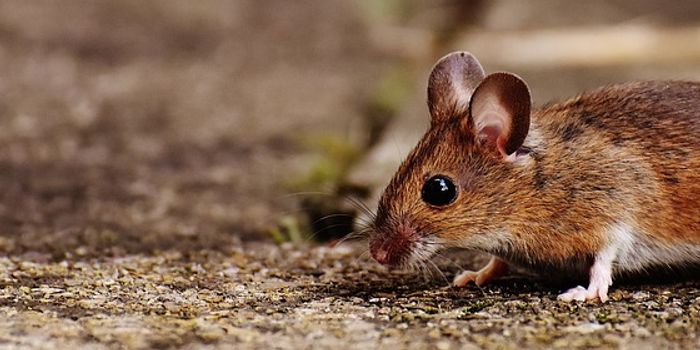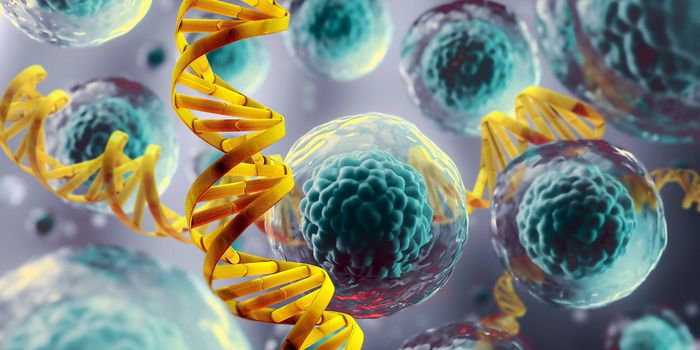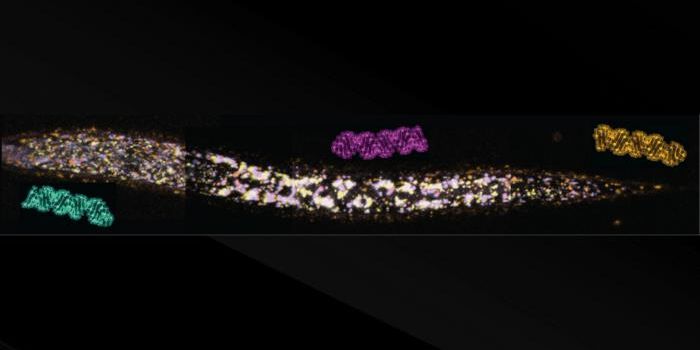Organoids Reveal Common Mechanism Underlying Rare Disorders
Genetic testing has shown that mutations in a gene called HUWE1 are connected to rare syndromes that cause developmental problems, including stunted growth and difficulties with movement. Some patients are so severely impacted that they never learn to speak. There is no cure for these HUWE1-associated diseases. While genetic sequencing can't always show scientists how to treat these disorders, knowing that they are caused by genetic errors can sometimes be a comfort to families. Molecular techniques have now also enabled researchers to examine the physiological impact of those genetic errors.
"Many parents are afraid that the cause of their child's condition stems from something they could have avoided. A lot of parents have thought this for years before the child is referred and given a genetic diagnosis, which often adds an extra burden to their situation. Once they know that damage to a gene is the cause, many of them are hugely relieved. It wasn't the one glass of wine during the pregnancy that was the cause after all," explained Marte Gjøl Haug, the senior consultant in medical genetics at St. Olavs Hospital in Trondheim, Norway.
The HUWE1 gene is located on the X chromosome. Girls and boys with mutations in this gene display a wide range of symptoms. In the clinic, various diagnoses may be given to these patients, like Juberg-Marsidi, Say-Meyer, or Brooks syndrome, which are all considered rare disorders. But they are all due to different mutations in the same gene: HUWE1.
"Individually, many of the syndromes are rare, but a lot of people are affected if you combine all the rare syndromes," said Professor Barbara van Loon.
In this study, van Loon was able to obtain samples from five patients to generate induced pluripotent stem cells. Those were then used to create miniature, simplified versions of human brains, called organoids, which would help the researchers observe the physiological changes caused by the individual mutations.
Researchers have long known that a protein called p53 is vital to controlling cell division and preventing the development of cancer. The p53 protein is also known to be related to some neurological processes. HUWE1 is involved in regulating p53. This work, which was published in Cell Reports Medicine, suggested that the mutations in these syndromes increase p53 signaling, which leads to the developmental problems, including intellectual disabilities.
"Our findings don't mean that we can come up with a quick cure, but being able to explain the very basic mechanisms behind an illness is an important prerequisite for developing diagnostics and serving as a basis for future treatment. It's also important in itself to give the affected families more information about the disease and how it's developed," said van Loon.
Sources: AAAS/Eurekalert! via Norwegian University of Science and Technology, Cell Reports Medicine









